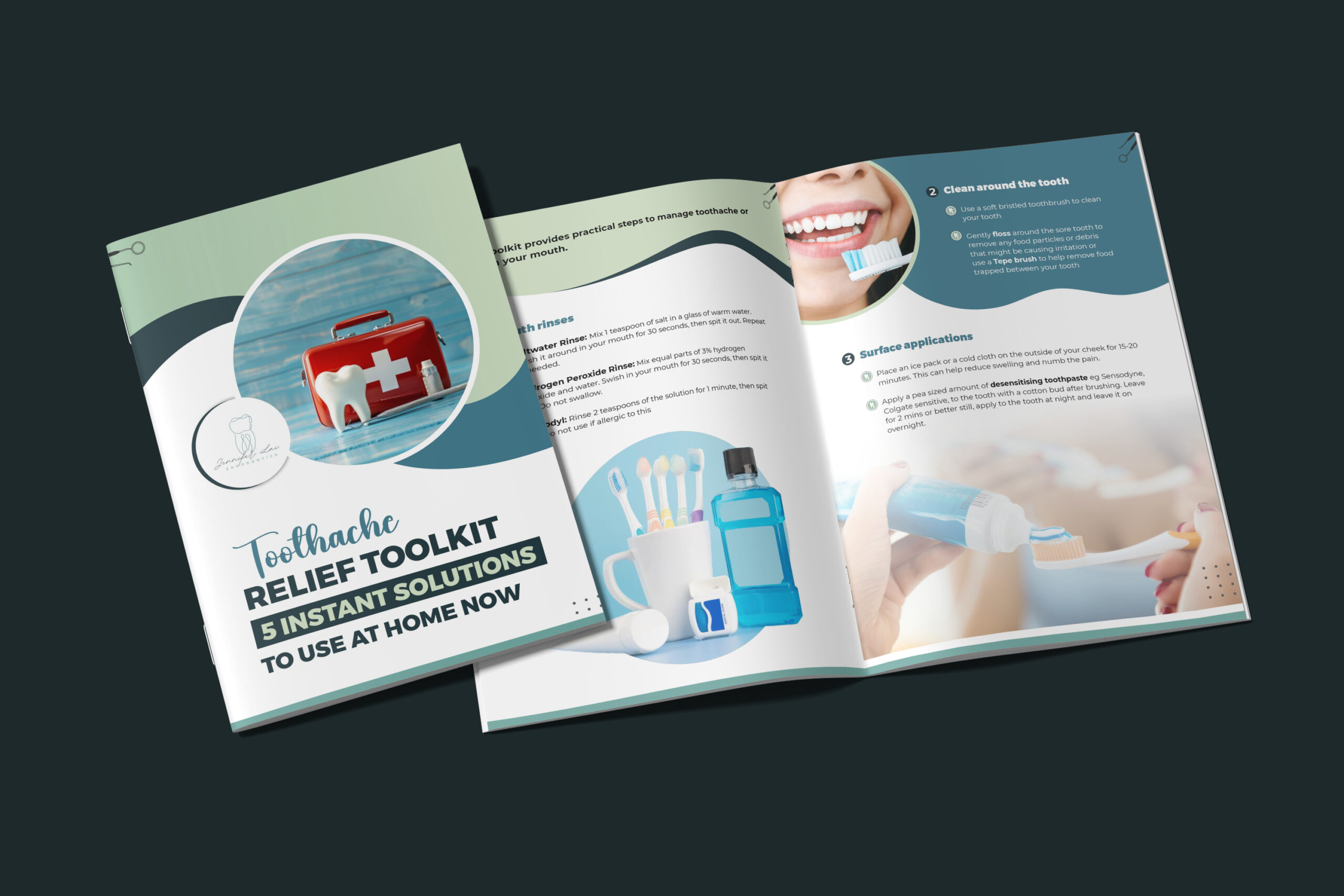Is root canal treatment really necessary?
There are various ways in which you may choose to deal with an infected tooth. It depends on your attitude to risk. You may wish to leave it in which case, the infection will remain. It can cause pain or swelling depending on the interplay between the bacteria and your immune system. Unfortunately, even if you don't have symptoms, the problem will remain if left untreated. Generally it causes no concerns but occasionally can cause more symptoms which would warrant treatment. Alternatively, you could extract the tooth which may then restored with a false tooth such as an implant, bridge or denture.
Can I not treat the infection with antibiotics?
Antibiotics are only effective where there is a blood supply and even then, they are controlling your symptoms rather than clearing up the infection. Unfortunately, when a tooth dies, there is no blood supply. The inside of your tooth remains a safe space for bacteria to grow and thrive in which ultimately leads bacterial byproducts seeping through the root end and being detected by your immune system, creating a dental abscess.
Will it be painful?
No, it should not be painful due to the use of local anaesthetics. We even use numbing gel to help!
How long will it take?
Root canal reatment appointments are on average 90 mins duration. You will usually require 1-2 visits but if the tooth is rather complex, a third visit might be required.
How long will it take to recover from root canal treatment?
Most people return to normal activities after the procedure. Sometimes, it can take 3-5 days to recover from the procedure and over the counter painkillers can be used to manage any discomfort.
Will I need to see my dentist?
I usually work closely with your dentist and you may be asked to see him / her for a cap on your tooth to protect it from fracture in the future. Occasionally, this is not necessary and you will be advised based on your problem.
I would encourage you to maintain regular dental check ups to ensure your gums and teeth are in optimal health.
Why is it so expensive?
Firstly, there are fixed costs associated with running a surgery along with retaining highly knowledgeable, trained and dedicated support staff is key to ensuring smooth and efficient operations so I can focus solely on performing my work without being distracted by other worries such as equipment issues or training.
Secondly, the time required to get access into the tooth and get to the end of root canal takes time. Then there is the time needed to allow the disinfection to do its job. The work is very intricate especially in calcified teeth or previously root treated teeth. The premium is in the skill of avoiding mishaps, knowing where to search for a canal, knowing when to back off to allow the disinfectants to do their work, knowing when we can advance with our instruments and dedication to doing all that is possible to optimise cleaning within the root canal 'system'. There is a lot of thinking and technical work when I'm in your tooth!
How will I know my root canal treatment has worked?
It is best practice to review your tooth with examination and X-rays around 6-12 months after treatment. This way, we can see whether the bone around the root end is healing. Unfortunately, having no pain after root canal treatment is not a sign that all is well. Sometimes, cysts and low grade infections can go undetected if the tooth is not followed up after treatment.

